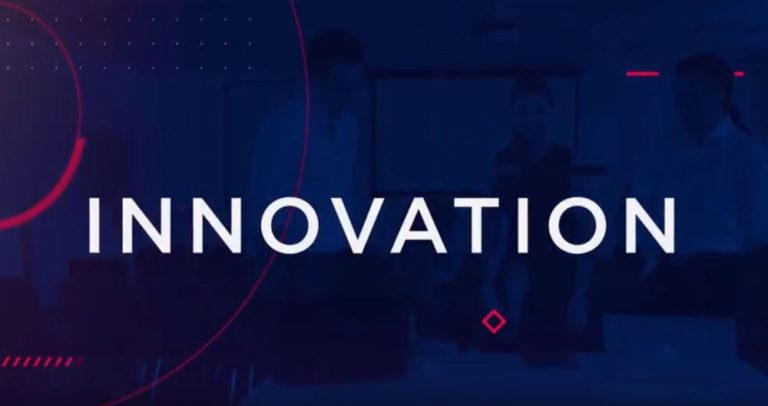[vc_row][vc_column][vc_column_text]Although disruption has not yet reached healthcare there are signs that that is beginning to change. The increasing focus on technology particularly wearables, entry of innovative giants into the healthcare space and renewed government investment and interest in fixing a public hospital crisis mean that disruption is coming. The clear warning to healthcare companies is adapt or die. Meanwhile for consumers this disruption could lead to healthcare as a whole shifting to the service driven model adopted by the likes of Uber. This model could dramatically improve consumers’ experiences and healthcare outcomes.
Medical technology has taken off in recent years drawing increasing investment and public attention. Of particular importance is the growth in health ‘wearables’ such as Fitbits. This sector has exploded in recent years with experts predicting wearables to be worth US$12.1 billion by 2021. Wearables are important as they are a consumer rather than expert driven product and allow users to track and monitor their own health.
In combination with developing diagnostic tools and the potential for AI health assistants such as Amazon’s ‘Alexa’, wearables could fundamentally change the way that we approach healthcare. This new focus on technology for individual users is a far cry from healthcare delivery even a few years ago. This new focus on individual users’ health outcomes (rather than the time spent treating them) could help companies disrupt the current fee-for-service model.
In addition to empowering individual consumers and shifting the healthcare delivery model wearables have allowed companies to gather health data on an unprecedented scale. These companies are beginning to enter the healthcare space with past disruptors Amazon and Apple both developing healthcare solutions. Amazon in particular with its focus on disrupting brick-and-mortar stores could pivot into providing online pharmacy services and through cutting out the pharmacist provide significant savings to consumers.
Similar services are already available in the UK where companies are allowing consumers to order repeat scripts online significantly improving compliance with medication directions. Meanwhile Apple is leveraging health data from the Apple Watch and its own employees through developing an in-house medical service to test future med-tech products and service delivery methods.
The Australian Government is also taking steps to encourage innovation in the healthcare space. Recent budgets have focussed on health spending and through programs like the Medical Research Future Fund the government is investing in Australia’s future healthcare needs. The government is also taking steps to assist innovators, through R&D tax incentives smaller start-ups get access to refundable credits while larger companies receive a tax offset.
Despite the changes following the 2018 budget, R&D tax incentives will still assist start-ups, especially in the area of healthcare where clinical trials have been exempted from the $4 million cap on cash refunds for companies with a turnover less than $20 million. These tax incentives have allowed Australian companies to focus on research and development and create innovative solutions to healthcare problems. For example, CancerAid has credited the scheme with providing them with the funding they needed to develop an app to allow cancer patients to connect with each other.
In addition to specific programs, the national focus on the failings of public hospitals could serve as a flashpoint that could encourage greater innovation and in turn disruption. In the last article we discussed how the fee-for-service model inherently disincentivises innovation and addressing this could disrupt the industry as a whole.
The current public hospital crisis has led to high costs and poor health outcomes and repeated attempts to fix it through increasing funding or pushing for efficiency the system continues to fall short. This suggests that innovation and disruption may be the only solution to ‘fix’ public hospitals in Australia, and as such will continue to receive both government and industry attention and support.
The final article in this series will discuss how disruption can be measured and what conclusions can be drawn from this in an Australian context.
Health Horizon is a start-up that empowers health consumers by allowing them to find and track health innovations that interest or affect them so that they can gain control over their health future.
*Regina E. Herzlinger, original article here.[/vc_column_text][/vc_column][/vc_row]



